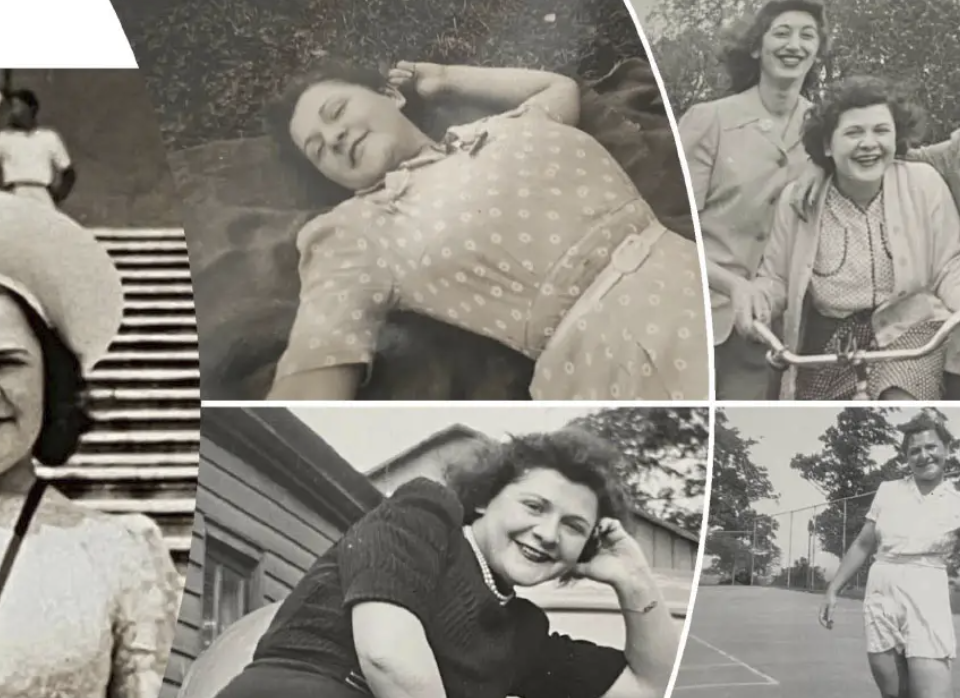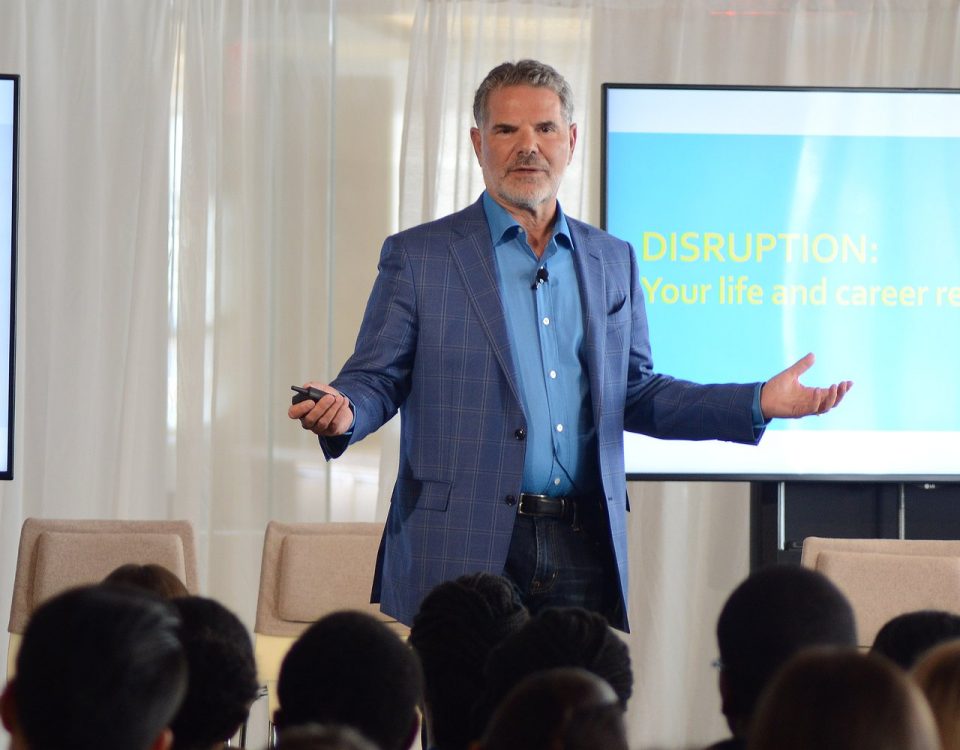By now, you’ve definitely heard of the rape case that has the whole country talking. Last March, former Stanford student Brock Turner was convicted of sexual assault after being found “thrusting” on top of a half-naked, unconscious woman behind a dumpster. Last Thursday, he was sentenced to 6 months in county jail — a lenient sentence because prison would have a “severe impact” on him.
Let’s get straight to the point: from the light sentence to the media coverage, the handling of this rape case is utterly inexcusable. We wonder why sexual assault survivors don’t come forward; well, this is a textbook example.
If you haven’t read the victim’s heartbreaking, eloquent, and extremely powerful statement to her attacker, stop what you’re doing and read it in full here. She bravely describes the physical and unending emotional trauma that she’s battled since the attack, including how she’s been consistently re-victimized and how Turner changed his entire story over the course of the case. She writes:
You took away my worth, my privacy, my energy, my time, my safety, my intimacy, my confidence, my own voice, until today.
As if the act itself wasn’t horrifying enough, Turner’s father’s response to his son’s conviction is beyond sickening — a slap in the face to women everywhere. In his statement, after spending an inordinate amount of time lamenting the loss of his son’s appetite — he no longer enjoys ribeye steaks, chips, or pretzels! — he continued:
His life will never be the one he dreamed about and worked so hard to achieve. That is a steep price to pay for 20 minutes of action out of his 20 plus years of life.
I shouldn’t have to explain how ridiculously misogynistic that last sentence is. 20 minutes of action?! Let’s get one thing straight: your son demonstrated a horrifying, evil, and in all ways inappropriate CHOICE of ACTION — and yet here you are minimizing that criminal act by talking about how his life is ruined.
Here’s a thought. Instead of worrying about what steak to cook up for his son, maybe Turner’s father should have taught him how to treat women. Maybe he should have taught him to take responsibility for his actions, instead of brushing them aside as if a lack of appetite is punishment enough for convicted sexual assault (it was only 20 minutes!).
No where in Turner’s or his father’s statements is there a shred of sympathy for the victim. Turner regrets the incident only in the way it has affected him, not her. After violating her and stripping away her dignity, security, and privacy, apparently genuine remorse would be too much to ask for.
Yes, Turner is young, but not that young as to not to know better, not young enough for the malicious nature of his actions to go unrecognized and unpunished. Yes, he was drunk, yet he wasn’t too drunk to try to have sex — to commit sexual assault, to know that it was wrong enough that he tried to flee the crime scene.
The media can’t be let off the hook either. As many have rightfully pointed out, instead of a mugshot, we’ve gotten smiley Stanford yearbook photos. Instead of labelling Turner for what he is — a RAPIST — we’ve read headlines and long profiles of “the all-American swimmer,” the Stanford student, who, we are consistently reminded, lost his precious scholarship.
It’s past time to call these men and their defenders out, and women can’t be the only ones to do it. As men, we need to stand up and voice that this behavior is not acceptable, disgustingly all too common, and diminishes women’s worth and rights. If we don’t speak up now, if we don’t start teaching our sons respect, honesty, and accountability, this cycle of violence and toxic rape culture will only continue. Instead of telling girls to dress and act like nuns, we need to teach boys that they’re not entitled to someone just because of the way they dress and act. And this message needs to come from both women and men, so we can set an example for future generations.
The sad thing is we might not be even talking about this case at all if the victim’s letter wasn’t so gut-wrenching, well-written, and emotionally powerful. We need to do better for women, and, as men and fathers, we need to start being better role models for our sons.
Written in collaboration with Connor Zickgraf





